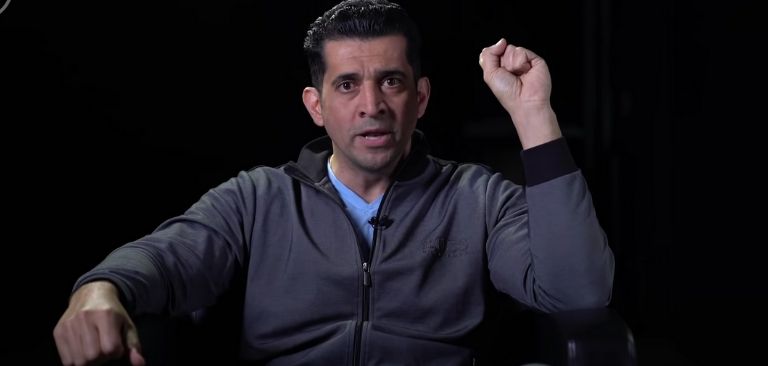Although it seems quick and easy to do and get away with, especially when you watch giant tech corporations do it these days – censorship might actually be hard to pull off when all’s said and done.
The crucial reason, that entrepreneur and YouTube personality Patrick Bet-David explores is this – does censorship even work?
Even before the “viral” capability to spread information on the web came about, regimes struggled to make censored information go away, provoking instead more interest in what’s forbidden.
But now, with the network effect, YouTube deleting a video to silence an issue or a person will likely lead to more eyes on it that would have been the case otherwise, he argues.
Ultimately, censorship doesn’t work, Bet-David concludes, because visibility of censored content grows exponentially on social networks, by that very fact increasing the likelihood of the ideas that are suppressed gaining more, not less credibility.
Human nature plays into this as most people are intrinsically and instinctively “rebellious,” this YouTuber tells his audience of 2.3 million subscribers.
Click here to display content from YouTube.
Learn more in YouTube’s privacy policy.
Bet-David brings up two issues that have come up lately as he is putting together and publishing his content: his failed idea to host both Judy Mikovits and her critic, YouTuber know as Dr Mike; and, complaints from Republicans (that apparently surface in comments left on his videos) that their politics and ideology are being denied a voice on social and other media.
(A clip from Mikovits’ upcoming documentary “Plandemic” has recently been deleted by YouTube and Facebook as conspiracy; she agreed to a Bet-David hosted YouTube discussion, but Dr Mike canceled after confirming.)
And while censorship is impossible in the US at government-level, he says – powerful corporations can and will use it. He describes Democrats as “strategic” – having invested in controlling the narrative to the point of now being capable of controlling the audience and “dictating the next 50 years” – as opposed to Republicans’ focus on “the money – without an audience.”
Implying that Democrats do in fact own – figuratively and/or literally – social media platforms and corporate media outlets, Bet-David’s advice to people is to use that money they have to create, or buy, their own platforms.
“The next time a media platform censors – it’s going to happen! – why don’t you go to your party and ask them how come they’re not creating more media platforms,” he says.






















